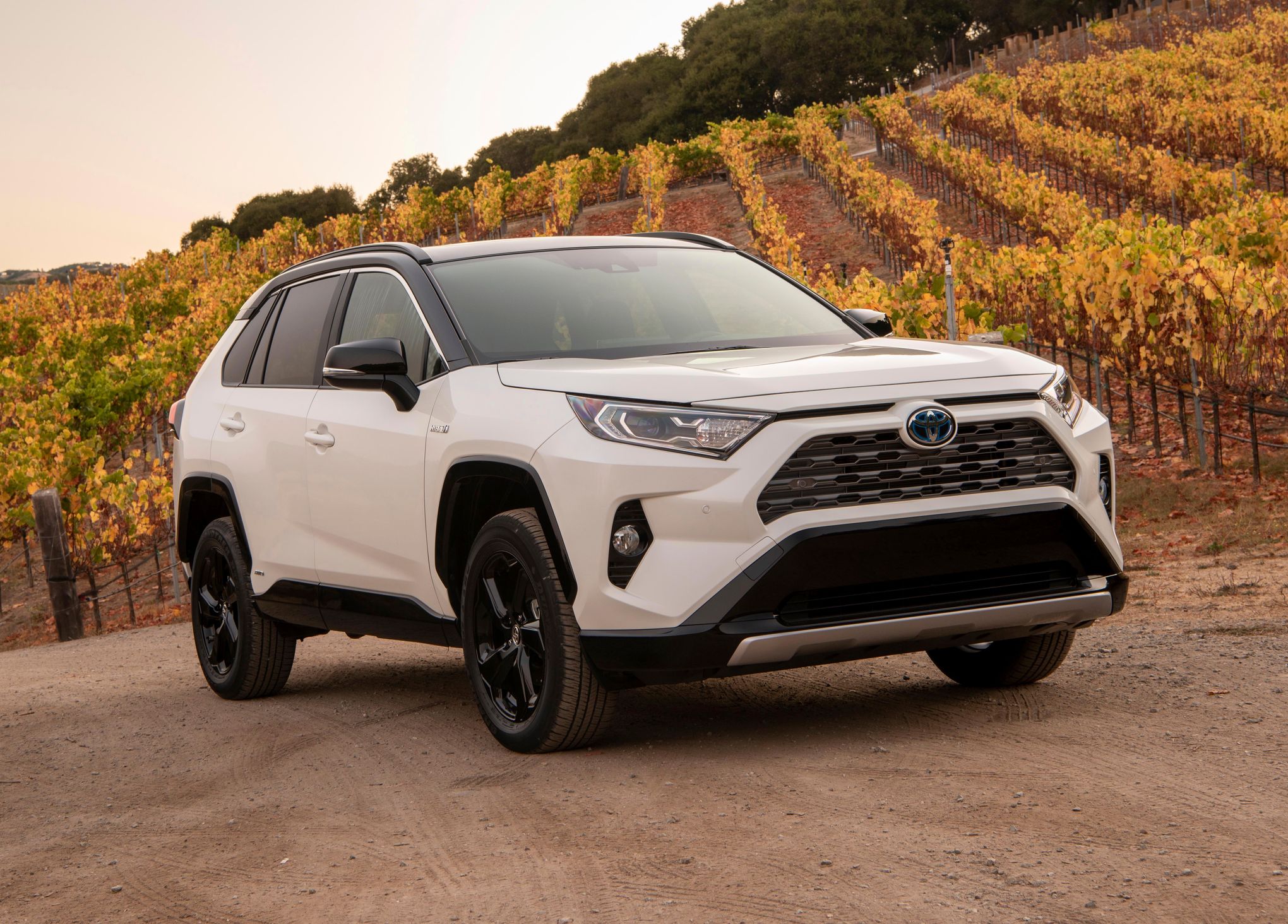Towing Tales
Your go-to source for towing insights and news.
Hybrid Cars: The Unexpected MVPs of Modern Transportation
Discover why hybrid cars are stealing the spotlight in modern transportation and how they're redefining efficiency and sustainability!
How Hybrid Cars Are Redefining Fuel Efficiency Standards
As global concerns over climate change and fossil fuel dependency continue to intensify, hybrid cars are emerging as a transformative force in redefining fuel efficiency standards. Unlike traditional vehicles that solely rely on gasoline or diesel, hybrid cars utilize a combination of an internal combustion engine and an electric motor. This dual approach not only reduces fuel consumption but also significantly lowers carbon emissions. As more automakers shift their focus to hybrid technologies, we are witnessing a pivotal shift in automotive design and engineering, ultimately leading to a decline in the environmental impact associated with transportation.
The impact of hybrid cars on the market is substantial, pushing consumers and manufacturers alike to prioritize fuel efficiency like never before. With many hybrid models offering fuel economy ratings that exceed 50 miles per gallon, the average driver is seeing substantial savings at the pump. According to the U.S. Environmental Protection Agency (EPA), hybrid vehicles frequently lead the pack in fuel efficiency metrics, setting new benchmarks for competitors. This shift signifies a broader trend towards sustainable automotive practices, encouraging innovations in battery technology and emissions standards that pave the way for a greener future.

5 Reasons Why Hybrid Cars Are the Future of Eco-Friendly Transportation
As concerns over climate change and environmental sustainability continue to grow, hybrid cars are emerging as a key solution in the quest for eco-friendly transportation. One of the primary reasons for their rise is their ability to significantly reduce greenhouse gas emissions compared to traditional gasoline vehicles. By combining electric and gasoline power, hybrid cars can improve fuel efficiency, leading to lower carbon footprints. This dual power system not only minimizes environmental impact but also offers drivers the flexibility of using either power source based on their needs.
Another compelling reason to embrace hybrid cars is their cost-effectiveness over time. With rising fuel prices and increasing awareness of the financial implications of car ownership, hybrids provide a smart investment. Many hybrid models come equipped with regenerative braking systems which help recharge the battery while driving, enhancing overall energy efficiency. Furthermore, government incentives and tax benefits for hybrid car owners make them an attractive option for budget-conscious consumers looking to contribute to a more sustainable future.
Hybrid vs. Electric: Which One Is Right for You?
When deciding between hybrid and electric vehicles, it's essential to consider your lifestyle and driving habits. Hybrid cars combine a traditional internal combustion engine with an electric motor, offering extended range and greater fuel efficiency than conventional vehicles. This makes them ideal for those who frequently embark on longer trips or do not have easy access to charging stations. On the other hand, electric vehicles (EVs) run solely on electricity and are best suited for urban dwellers with shorter commutes. If you're primarily driving in the city and have the ability to charge your vehicle at home or work, an EV may be the more environmentally friendly and cost-effective choice.
Another factor to consider is cost. While electric cars usually have higher upfront prices, they often come with lower operating costs due to cheaper electricity and fewer moving parts. In contrast, hybrids can provide a balance of affordability and efficiency, appealing to those who want to transition to greener driving without going fully electric. To help you make an informed decision, think about the following:
- How often do you drive?
- What is your budget for initial purchase and long-term maintenance?
- Are you able to charge your vehicle conveniently?